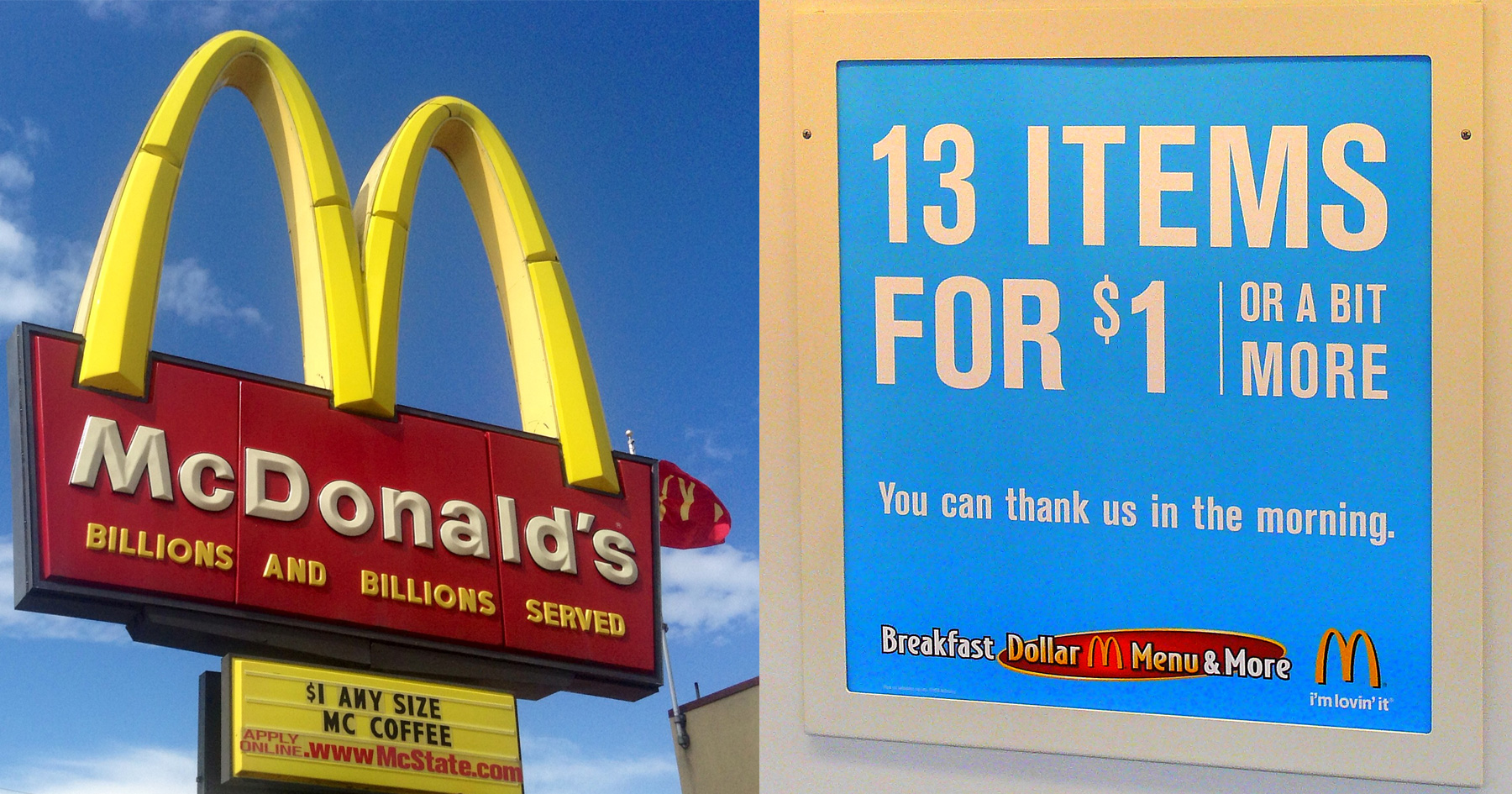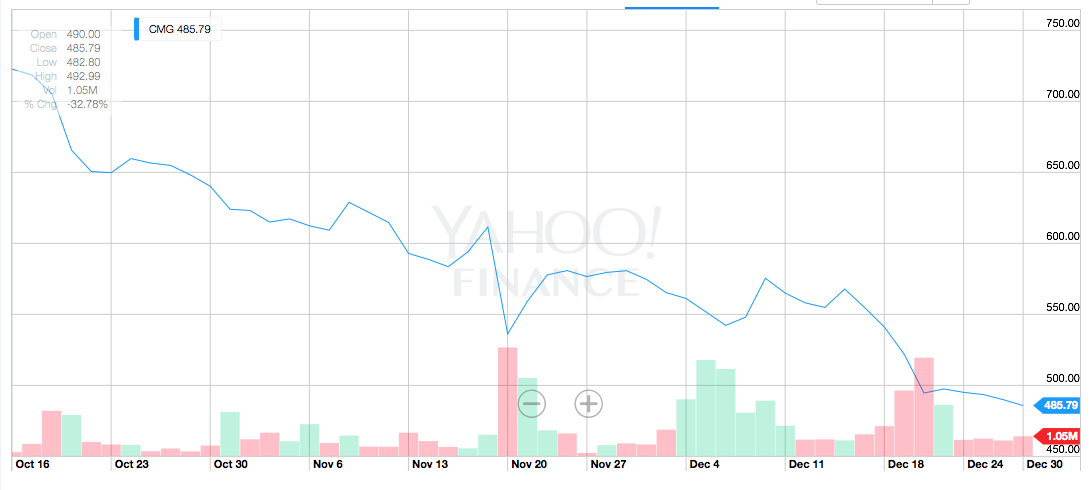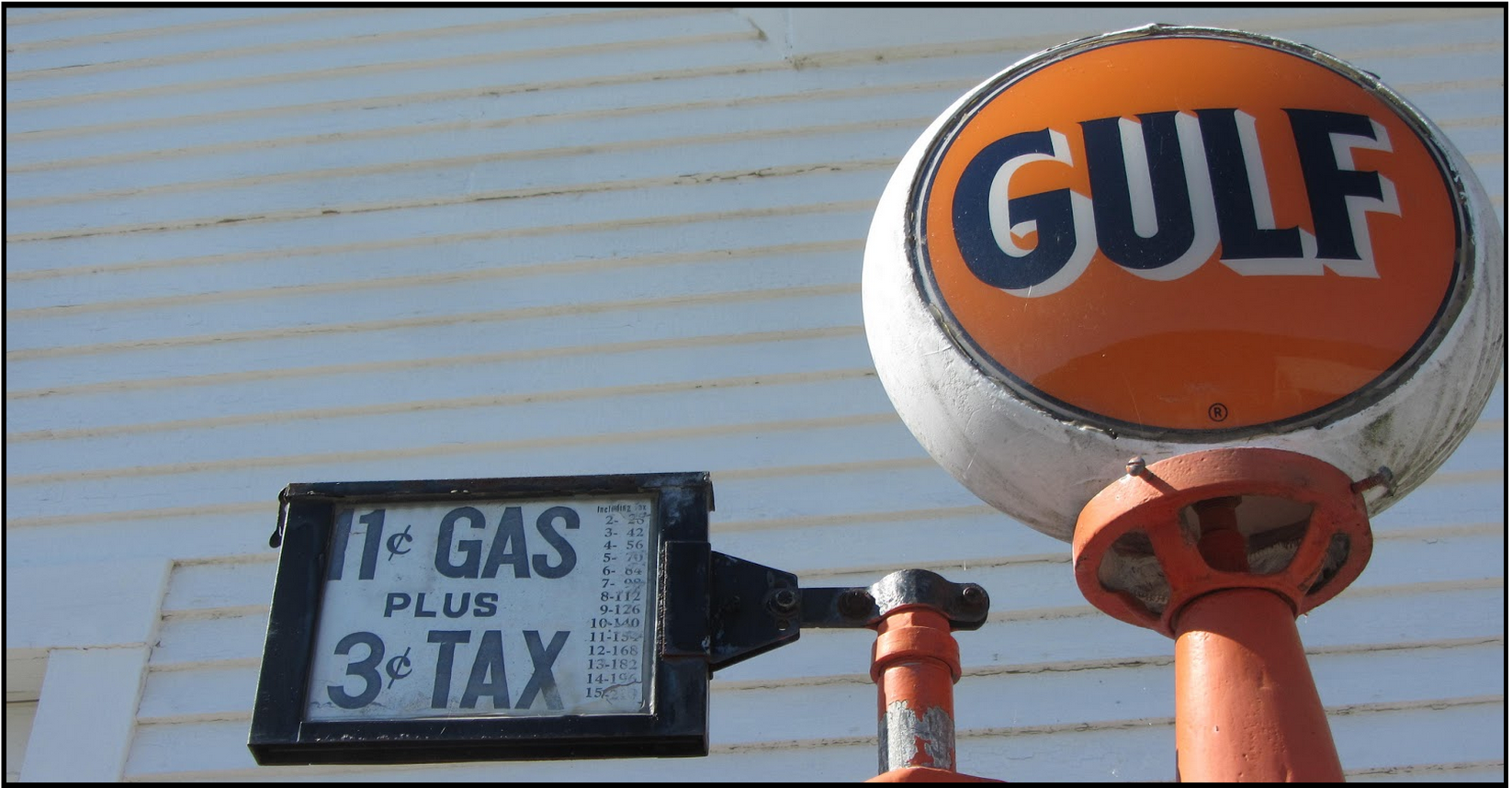5 Ways the Stock Market is Affecting You Right Now

By:
To many, the stock market represents an extremely influential, complex facet of the world’s economic system. If you’re like me, however, it can seem like just a bunch of charts and numbers topped with unpronounceable acronyms briefly glanced at while skimming past the business section.
What’s imperative to understand about the stock market, I found, is that it’s important. Very important. Behind its mountainous figures, the continuous rise-and-fall of stock prices have the ability to impact multiple aspects of our everyday lives in both small and life-altering ways, even if you have no money invested in the system at all.
1. Shareholders directly influence the direction of a business
 Flickr/F Delventhal, Mike Mozart - flic.kr
Flickr/F Delventhal, Mike Mozart - flic.kr
In many companies, especially large ones, powerful investors sometimes overrule a business’s executives and change its practices - ideally, for the better. This can affect you in the form of new prices, different products, or even the elimination of your favorite brand.
Recently, stockholders of the oil giant ExxonMobil demanded alterations to the company’s practices. In addition to pressuring executives to hire more climate-conscious board members, top shareholders urged the company to become more proactive in the battle against climate change in accordance with the new measures of December’s Paris climate agreement.
On the other hand, stockholders can sometimes bring about pressure that's not always so great for everyone. Many attributed lay-offs at Sony Entertainment, for example, to investor pressure on the company.
2. The stock market impacts job security
 Yahoo! Finance - yahoo.com
Yahoo! Finance - yahoo.com
Companies often base their hiring and firing decisions on stock price. If you’re an executive for a major retail company and your stock price plummets, you’re faced with the question of whether you should close down locations and cut thousands of jobs in order to boost sales and stabilize your stock price. In order to remain valuable to investors and to the market, many people can suffer the consequences.
3. It plays heavily into politics
 AP Photo/Troy Wayrynen - apimages.com
AP Photo/Troy Wayrynen - apimages.com
Many political experts think the stock market helps predict what might happen in politics.
As FiveThirtyEight's Nate Silver has written, the stock market is a good indicator of the nation's economic mood, even if millions of Americans do not own stock. "The idea, in other words, is not so much that the stock market is tremendously important to American voters unto itself (although a fair number of Americans have investments, and the stock market is quite visible and widely-reported upon), but that it provides some signal about how economic conditions are evolving," Silver wrote. The traditional thinking is that a healthy stock market is good for whoever is currently in power. So, if you're the Democrats with President Obama in the White House, a good stock market is proof that your policies are working. On the other hand, a stock market in the tank is a great argument for your opponents that the country needs someone new in charge.
4. Low oil prices lead to cheaper gas

By having high domestic oil production or decreasing dependency on it for fuel, the price of oil in a country’s commodities market can lower drastically. As a result, prices per oil barrel drop, and gas prices decline. Reverse the scenario, and you experience a similar result - more dependence on oil imports causes an increase of its price on the market, as well as at the gas station, which is where you'll notice it.
5. It affects interest and tax rates
 Stocksy/Kirsty Begg - stocksy.com
Stocksy/Kirsty Begg - stocksy.com
The current state of the stock market is one factor the government considers when it decides on interest and tax rates for its citizens. In a down market, such as during the 2007-08 Great Recession, the government lowered taxes and the cost of borrowing money in hopes of sparking economic activity. Now that the U.S. market has recovered, the government has decided to raise interest rates to entice investors and bring in a higher cash flow.
Interest rates affect you when you go for a car loan or a home loan. Even if you don't own a house, interest rates affect your rent because your landlord is probably paying a mortgage with interest, and she will charge you enough rent to pay that cost. As for tax rates, well, it's pretty obvious how those affect you when you send in your taxes to Uncle Sam on April 16.
